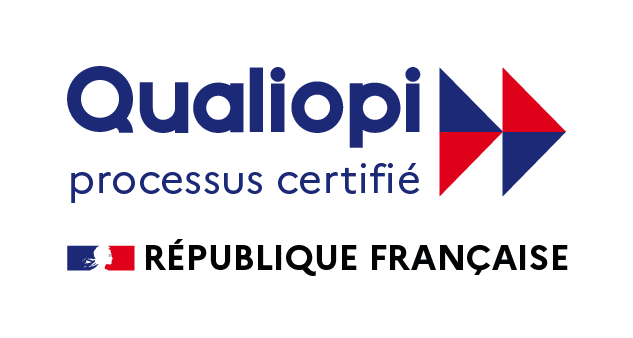Reading time: 5 min
In a study conducted by Prof. Ghoshal, 90% of managers waste their time on all kinds of inefficient activities. In other words, barely 10% of managers spend their time in a committed, determined and thoughtful way. Why is the ability to manage time – to use and structure it efficiently and productively – so difficult to acquire? Why is it an art to have the time to do everything you need to do, without feeling stressed?
THE FALSE MARKET FOR TASK AND TIME MANAGEMENT APPLICATIONS
In a moment of panic when work abounds and you can’t see the end of it, you may have resolved to download a task and time management app to support you: Asana, Monday, Todoist or even Google Keep. However, it’s highly unlikely that it has been of any real use to you. This is because apps that help you organize your tasks and optimize your time only support you in one aspect of this skill.
Time management is really three skills in one:
- Perception: thinking realistically about time. Know how to reliably evaluate the time you have, seeing it as a limited resource.
- Organization: knowing how to design and organize your objectives and tasks to make the most effective use of the time you feel you have.
- Adaptation: knowing how to adapt the time we have left and the tasks we have to do, according to interruptions, changing priorities or simply life events.
The applications available on the market essentially help you work on the second point: organization. However, without working on the other two, Organization is not enough to know how to manage your time. Without Perception, the door is open to procrastination, while without Adaptation, it’s hard to know how to prioritize. In a study carried out by Erich Dierdorff on 1,200 people, the researcher found that Perception and Adaptation were rarer and more difficult skills to develop.
Time management seems to be a difficult skill to acquire, and all the more difficult to develop because we don’t know how to self-assess our ability to manage time. Prof. Dierdorff’s study showed that only 1% of the individuals assessed had their self-assessment scores correlate with their situational scores. So how can we develop our skills when we don’t know what they are ?
WHERE TO START FOR BETTER TIME MANAGEMENT?
If you’ve followed me correctly, not by downloading an app! The key to better time management and greater efficiency is not to believe in the omnipotence of an application and rely on it. Time management is based on a dynamic of introspection, self-knowledge and resourcefulness.
First, adjust your perception of 3 elements:
- Your actual workload
- The actual time you have to complete these tasks
- Your time management skills
To do this, the first step is to step aside and analyze these three elements for yourself. Then, compare this self-analysis with feedback from those around you: colleagues, managers, people in the same position or with the same tasks.
Only then can you move on to organization, where 5 elements are key:
- Differentiate between urgent and important tasks, so you can prioritize. Urgent tasks require immediate attention, but are not necessarily relevant, because today, everything has a notion of urgency, usually unjustified. Whether or not you give them the expected attention may have no impact. But for important tasks, their name speaks for itself, and not giving them attention can lead to serious consequences. Truly urgent and important tasks should be done first.
- Don’t try to multitask. Your brain can’t multitask. It can only move from one action to another quickly, which takes up a lot of energy and ultimately makes you much less efficient in the long term.
- You define a clear vision of the goal you want to achieve, so you can strategically select the actions you need to take.
- Commit to only two/three key projects on which to focus all your attention.
- If, along the way, you realize that your goal is too difficult to reach, break it down into several smaller, more manageable and achievable objectives.
The question isn’t how you can increase the amount of time you have to work on a project, but how you can effectively manage that time.
Knowing how to organize your time means regaining control over your work and daily life by organizing work around your life, not by organizing your life around work.
Knowing how to organize your time considerably reduces your mental workload and stress, and means you’ve had time to do everything possible to produce work of the highest possible quality.
Author: Anaïs Roux

